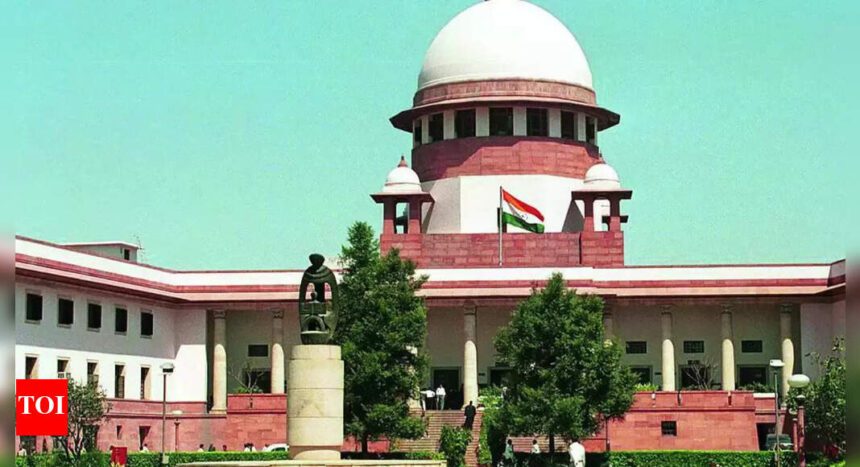Supreme Court Questions Tamil Nadu Government’s Use of Temple Funds for Marriage Halls
NEW DELHI: The Supreme Court has raised concerns regarding the Tamil Nadu government’s decision to allocate surplus funds from temples to construct marriage halls. The court indicated that the premises of religious sites should not be utilized for such constructions, citing potential for inappropriate activities such as vulgar dance and music.
A bench comprising Justices Vikram Nath and Sandeep Mehta highlighted that the use of temple funds could lead to demands for serving liquor and that there would be a lack of control over such activities. The bench declined a plea to stay the Madras High Court’s order, which had already halted the state government’s decision, restraining authorities from utilizing temple funds. It further stated that any expenditure from these funds would constitute contempt of court.
The Madras High Court had annulled government orders that authorized the use of surplus funds from five temples across Tamil Nadu. Following this ruling, the state approached the Supreme Court to challenge the High Court’s decision.
In response to the court’s apprehensions about possible misuse of temple premises, the Tamil Nadu government asserted that the construction of marriage halls serves a public purpose and that hosting marriages on temple grounds is a customary practice in the state. Senior advocates Mukul Rohatgi and Jaideep Gupta defended the government’s position, arguing that marriages conducted in temples are traditionally performed without music or dance, thus preserving the sanctity of these religious sites.
However, the bench questioned the rationale behind using funds for marriage halls instead of investing in charitable educational institutions or hospitals. “Devotees do not contribute their money for the purpose of constructing these marriage halls. Individuals who donate would likely not consent to such activities being permitted,” the bench remarked.










